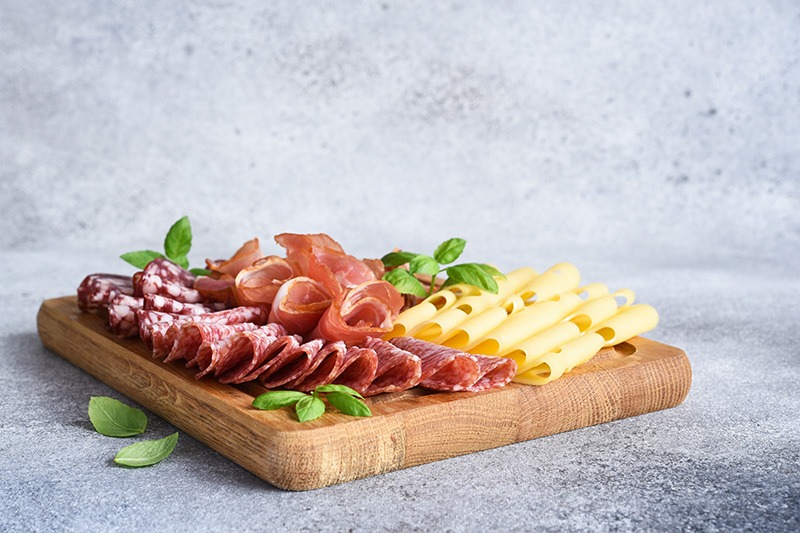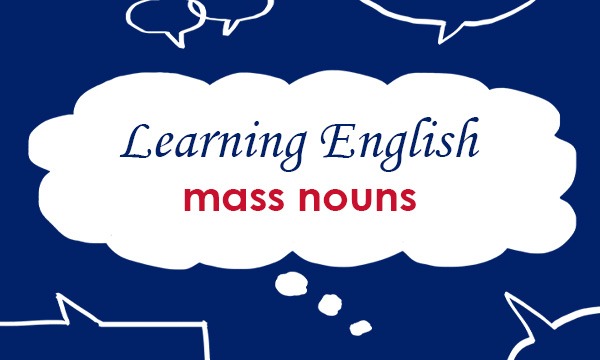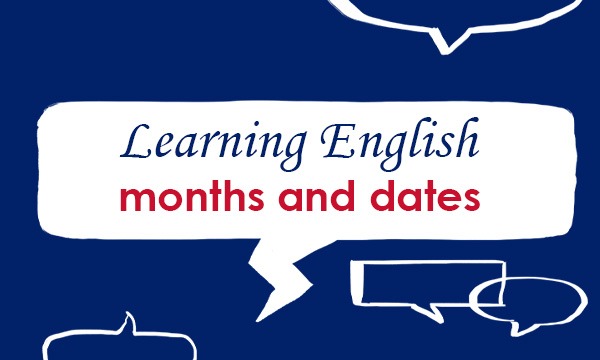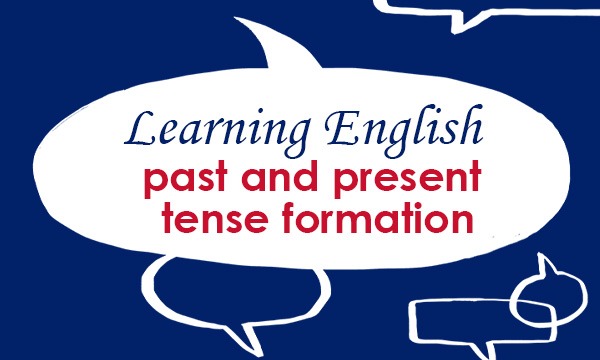
Mass nouns are nouns that refer to a substance that can be divided or measured but not counted, e.g. sugar, water. They do not usually have an indefinite article in front.
Meat is usually more expensive than cheese.
Sugar is quite cheap.
Mass nouns only take a plural in special cases, for example, when they refer to:
- a particular type or types of the substance.
There was a buffet of bread and rolls, cheese, cold meats and tea or coffee.
Ros brought out a tempting selection of French cheeses.
The principal sugars are glucose, sucrose, and fructose.
- a serving of the substance.
Two teas, please.
He went up to the bar and ordered two lagers.
Mass nouns are often used together with a partitive noun, for example:
There are only two pieces of furniture in the room.
There are three portions of meat in this special pack.
Five pints of lager, please.
For further information on English Grammar, visit: https://grammar.collinsdictionary.com/easy-learning
Come back for other blogs on using English in everyday situations: https://blog.collinsdictionary.com/language-learners/learning-english
All opinions expressed on this blog are those of the individual writers, and do not necessarily reflect the opinions or policies of Collins, or its parent company, HarperCollins.



